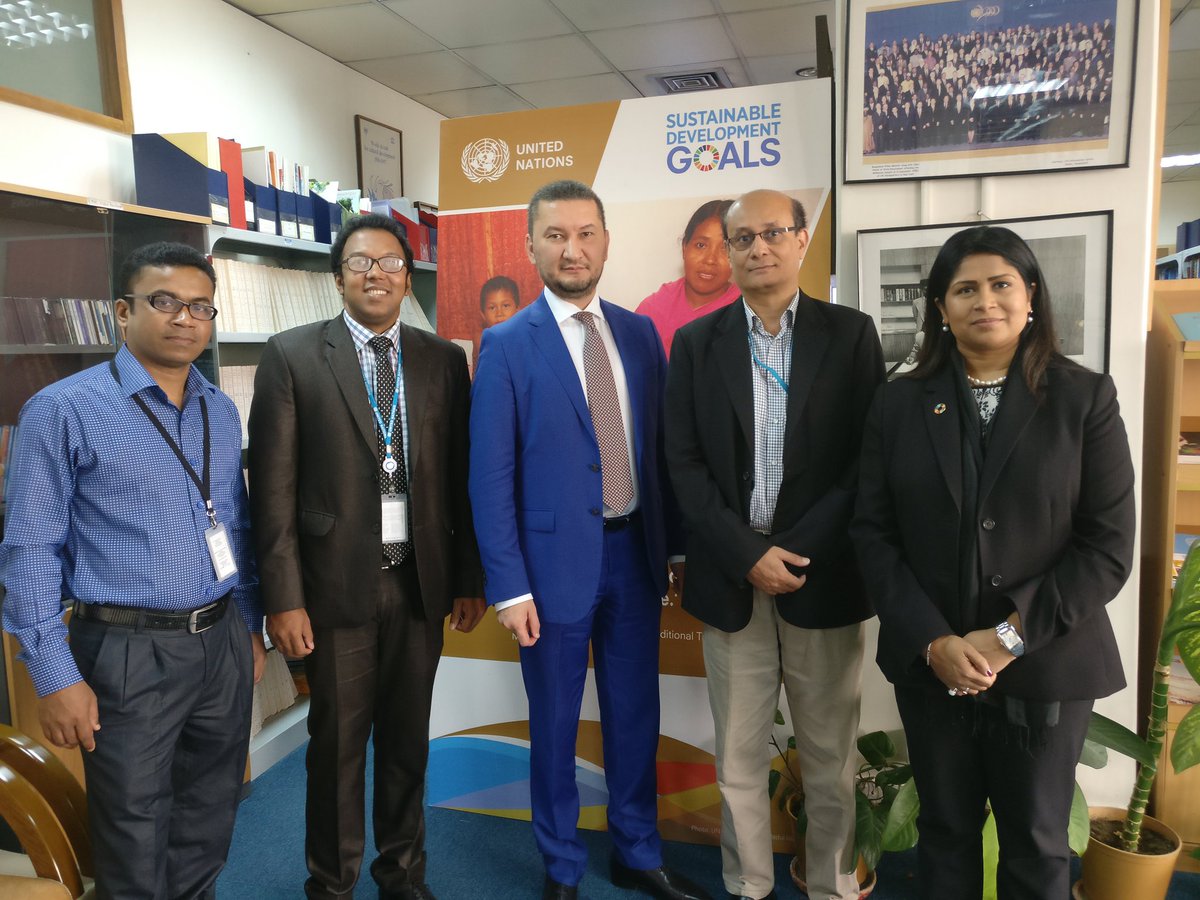Yesterday, the UN Volunteers (UNV) programme launched a flagship report demonstrating how local volunteers across the region are strengthening their communities. The 2018 State of the World’s Volunteerism Report (SWVR) was released in Harare, Zimbabwe. UNV Deputy Executive Coordinator, Mr. Toily Kurbanov launched the report and led a high-level panel of representatives from the Government of Zimbabwe, the HigherLife Foundation, VSO Zimbabwe, and civil society. The session addressed the report’s findings and discussed how volunteers build resilient communities in Africa.
For the first time the State of the World’s Volunteerism Report draws on original research carried out by volunteers, with over 1,200 participants in 15 communities around the world. By unpacking the distribution of the costs and benefits of local volunteerism, the report examines how governments and other peace and development actors can more effectively support volunteers.
Around 1 billion citizens actively volunteer their time globally, 12.1 million of them in Sub-Saharan Africa, with a majority, about 86.9 percent, volunteering informally. Often working behind the scenes, they are the thread that binds communities together, finds the latest State of the World’s Volunteerism Report 2018, published by the United Nations Volunteers (UNV) programme.
This means that there is a great potential in Africa for drawing on local volunteers’ support to face development challenges. Building on this and other findings of the report, this event addressed the questions of:
- How can Africa leverage volunteerism to create new opportunities for youth?
- How can local volunteerism provide a valuable resource for the implementation of the 2030 SDGs?
- How can African governments and other stakeholders strengthen the contribution of volunteerism to resilience-building in Africa?
UN Volunteers Regional Manager for East and Southern Africa, Mr. Njoya Tikum, says: “Volunteering helps communities to take control and to shape their own futures. In a world evolving rapidly, local volunteers play a crucial role in bringing the United Nations commitment to leave no one behind to fruition. Volunteers in Zimbabwe, for example, have worked towards ensuring that communities that live in isolated, fragile ecosystems are safe and resilient to natural disasters.”
Background
The State of the World’s Volunteerism Report draws on original research conducted during 2017-2018 across five continents to understand how communities view volunteering and explores how governments and development actors can best engage with volunteerism to nurture its most beneficial characteristics, while mitigating against potential harms to the most vulnerable. In doing so, the report provides an important contribution to the evidence base on inclusive, citizen-led approaches to resilience-building.
Panelists
- Mr Yeukai Simbanegavi, Deputy Minister of Youth, Sports, Arts and Recreation, the Government of Zimbabwe
- Toily Kurbanov, Deputy Executive Coordinator, UN Volunteers
- Kennedy Mubaiwa, Chief Executive Officer of the HigherLife Foundation
- Mrs Tendai Munyokoveri, VSO Program Manager, Zimbabwe
- Local Volunteer, Zimbabwe






